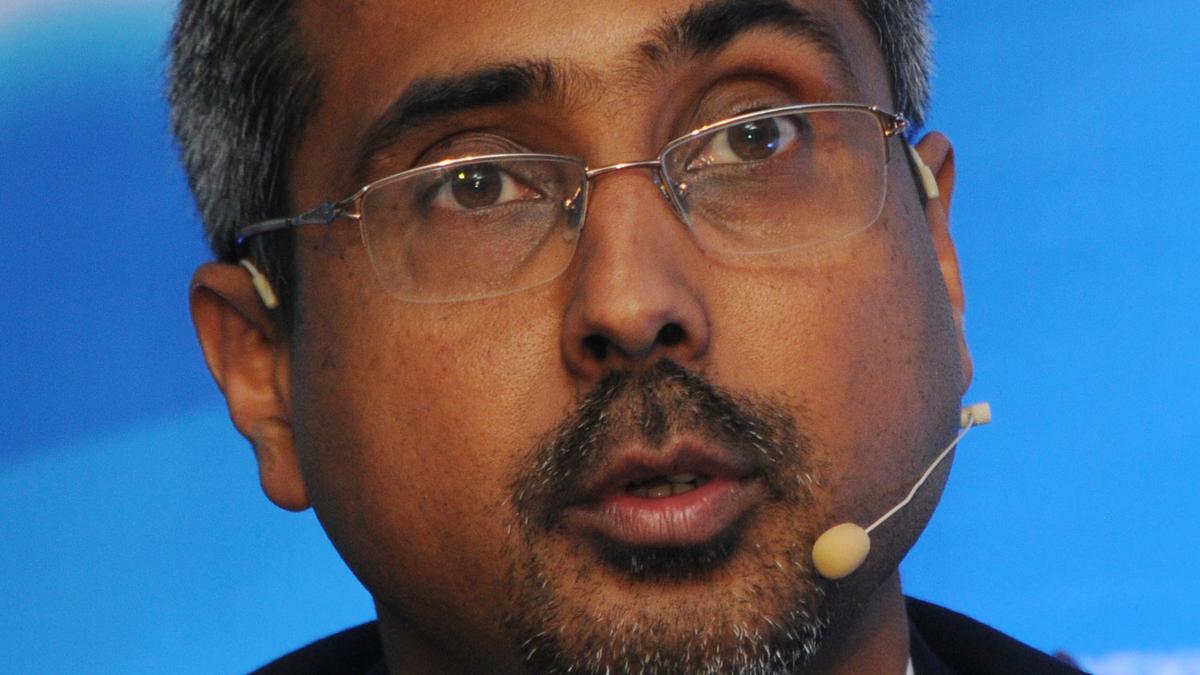Many STCs increasingly taking PPP route to modernise their bus fleets: Akash Passey

BENGALURU, 14/07/2015: Akash Passey, Senior Vice President, Region International, Volvo Bus Corporation and Chairman, Volvo Buses India, at a press conference in Bengaluru on July 14, 2015.
Photo: G.R.N. Somashekar
| Photo Credit: SOMASHEKARA GRN
Many state transport corporations (STCs) across the country are increasingly taking the PPP (public and private partnership) route to replace or modernise their existing bus fleet, said Akash Passey, President, Bus Division, VE Commercial Vehicles, a joint venture between Volvo Group and Eicher Motors.
Under the PPP format, the private bus operators who win state tenders can buy high-tech luxury buses to be operated on behalf of various STCs. Crew members including drivers will be recruited by the operator while buses will be operated out of state-owned depots to various destinations as per routes planned by STCs. Under this route, STCs that operate under losses will get a chance to upgrade their fleet without making any upfront investments and operators get better visibility and route advantage as they operate as state-run buses.
“The PPP model is becoming popular among many state transport corporations, especially the ones that are operating under heavy losses. Under this model, buses are run with the banners and brandings of state transport corporations. This model, overall, is a win-win for all: STCs, bus operators, bus manufacturers and passengers,” Mr. Passey told The Hindu.
State Transport Corporations such as Maharashtra State Road Transport Corporation (MSRTC), Rajasthan State Transport Corporation and STCs in Odisha, Telangana and Andhra Pradesh are already operating bus fleets successfully under PPP. Bus manufacturers including Volvo-Eicher are already in discussion with many STCs in the country.
According to Mr. Passey, the trend is picking up across the bus industry and it is certainly benefiting Volvo-Eicher. Earlier, traditional players were making supplies and now we can also make supplies.
“Public and private operators have high faith in buses built with modern technology and want to invest as they want to improve the outlook of their services. This puts us at a vantage position in India,” he added.
In fiscal 2023, 65,000 buses were sold in the country and this year it is expected to rise to 85,000. Tata Motors, Ashok Leyland, and BharatBenz from Daimler are other main players. Volvo-Eicher sold 15,000 buses in FY’23 and expects to sell more this year.
“India’s bus penetration is only 1.5 buses per 1,000 people, whereas it is 8 buses per 1,000 people in China. We are going to significantly improve the bus coverage in the next 4 to 6 years,” Mr. Passey further said.
For all the latest business News Click Here

